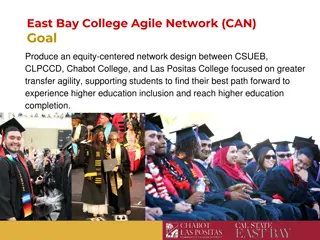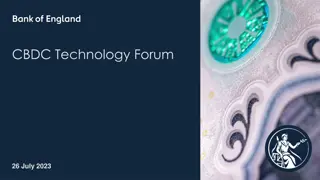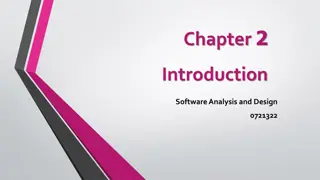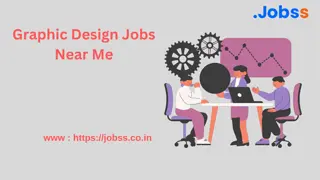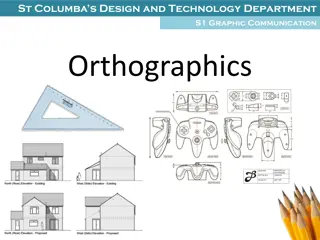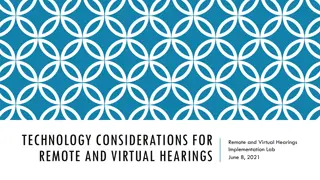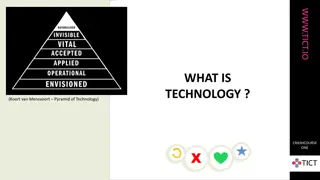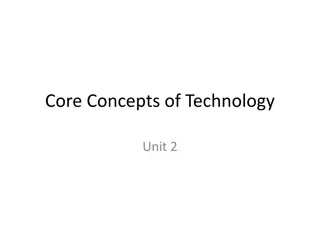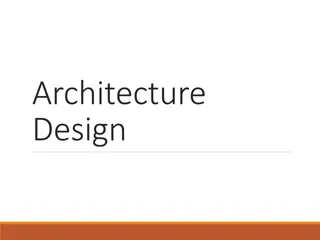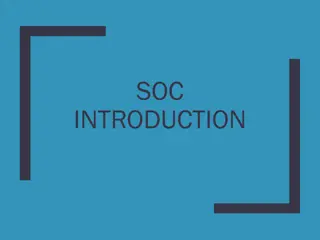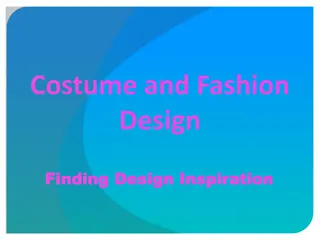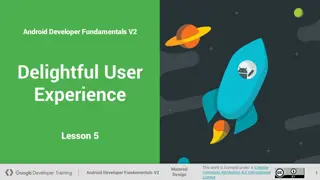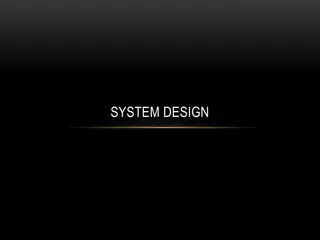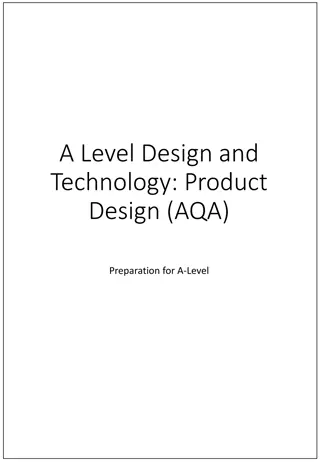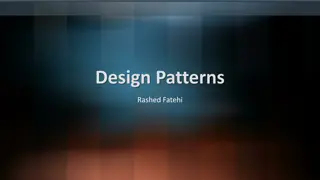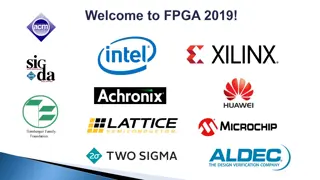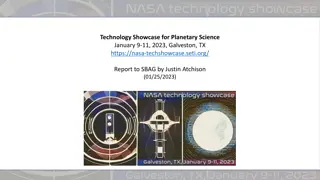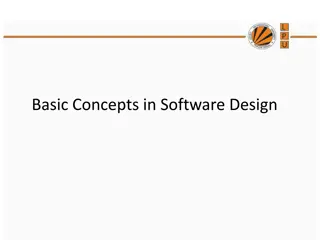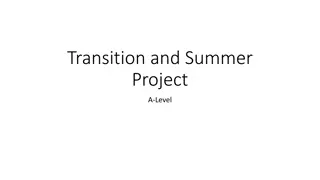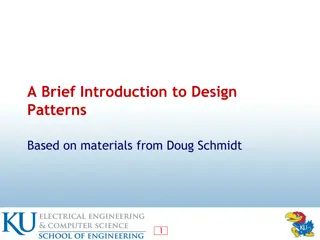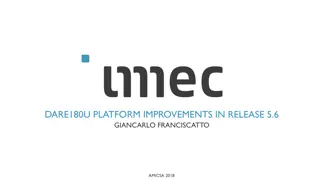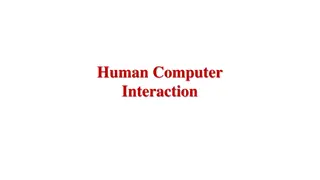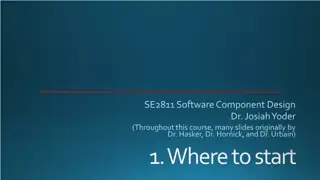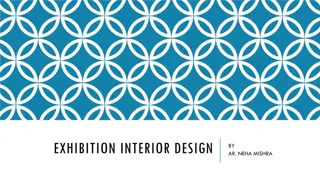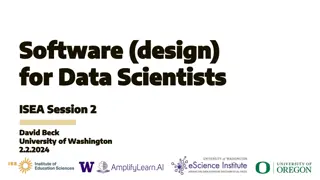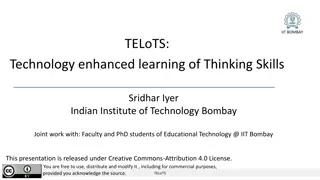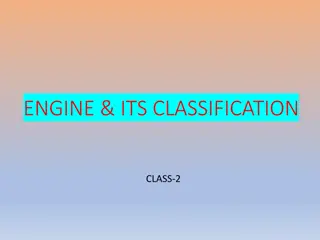GCSE Design Technology Knowledge Organiser and Course Structure Overview
In this detailed knowledge organiser, find information about the GCSE Design Technology course structure, learning objectives, mission statement, and core technical principles for KS4 students. The course emphasizes iterative design cycles, creative thinking, problem-solving, and addressing environm
7 views • 53 slides
Equity-Centered Agile Network Design for Higher Education Inclusion
The East Bay College Agile Network (CAN) aims to create an equity-centered network design between CSUEB, CLPCCD, Chabot College, and Las Positas College to enhance transfer agility and support students in finding their best path towards higher education inclusion and completion. The network focuses
0 views • 31 slides
CBDC Technology at the Forum - July 26, 2023
Delve into the world of Central Bank Digital Currency (CBDC) technology through discussions, agenda items, and next steps outlined during the CBDC Technology Forum held on July 26, 2023. The event highlighted key areas such as design phase intentions, new member introductions, sub-group workings, an
3 views • 17 slides
Software Analysis and Design Process
Software analysis and design involve a systematic approach to understanding user requirements, creating logical models, and transitioning to detailed design specifications. Requirements analysis focuses on capturing system requirements, while design translates these requirements into implementation
8 views • 16 slides
NASA Space Technology Research Grants Program Overview
The NASA Space Technology Research Grants Program, managed by Dr. Matt Deans, encompasses various initiatives such as Early Stage Innovation, Technology Maturation, and Technology Demonstration. It aims to support innovative research and partnerships in space technology, fostering collaboration with
15 views • 9 slides
Textil School for Design, Technology, and Management - Overview
The Textil School for Design, Technology, and Management is a renowned institution funded by the European Union. Offering undergraduate applied studies in Textile and Apparel Design, Textile Engineering, and Management in the Textile Industry, the school focuses on artistic expression, modern method
0 views • 16 slides
Exploring Graphic Design Jobs Near Me: Opportunities and Insights
\n In today's visually-driven world, graphic design plays a crucial role in shaping the identity and communication of businesses, organizations, and brands. From logos and branding materials to digital assets and marketing collateral, the demand for skilled graphic designers continues to grow. If yo
1 views • 9 slides
Technology Assurance Sandbox: Promoting Innovation and Assurances
The Malta Digital Innovation Authority offers a Technology Assurance Sandbox for technology developers. This sandbox aims to provide a safe environment for innovative technology solutions and align them with international standards. Certification is voluntary and ensures quality, user, and investor
1 views • 12 slides
Guidelines for Design of Cement Concrete Pavement and Interlocking Paver Blocks
This document provides guidelines for designing cement concrete pavements and interlocking paver blocks, covering factors governing design, wheel loads, design period, subgrade characteristics, approximate k values based on CBR values, and the importance of a sub-base below concrete pavements. It em
0 views • 67 slides
Orthographic Drawing in Design and Technology Education
Delve into the world of orthographic drawing through St. Columba's Design and Technology Department's S1 Graphic Communication program. Discover the significance of orthographics in visualizing 3D objects as 2D drawings, learn about orthographic views like Elevation, Plan, and End Elevation, and exp
0 views • 8 slides
Software Engineering Design Principles and Concepts
The chapter discusses the essential principles and concepts in software design, highlighting the four key design models - data design, architectural design, interface design, and component-level design. It emphasizes the importance of traceability to the analysis model, minimizing the gap between so
2 views • 36 slides
Technology Considerations for Remote and Virtual Hearings Implementation
This content discusses the technology considerations for implementing remote and virtual hearings in courtrooms. It covers aspects such as courtroom technology framework, technology considerations matrix, and AV devices placement and requirements. The framework includes acoustic treatments, audio/vi
0 views • 7 slides
Impact of Technology on Society Through Various Perspectives
Delve into the complex relationship between technology and humanity as discussed by experts like Koert van Mensvoort and Rens van der Vorst in the CrashCourse series on www.tict.io. Explore how technology shapes civilization, ethics, and the world, raising questions on whether it truly makes the wor
0 views • 9 slides
Core Concepts of Technology Unit 2
Explore the core concepts of technology, the relationship among technologies, and their connection to other fields of study. Delve into the impact of various technologies like medical, agricultural, and information technology. Understand the designed world created by human modifications to meet need
0 views • 18 slides
Software Architecture Design Principles and Techniques
Exploring the systematic approach of architecture design in software engineering, this content covers foundational principles, design decisions, allocation of responsibilities, coordination, resource management, technology choices, and best practices. It emphasizes starting with requirements, applyi
0 views • 37 slides
System on Chip (SoC) Design and Components
Explore the world of System on Chip (SoC) design, components, and working flow. Learn about Intellectual Properties (IP), platform-based design, typical design flows, top-down design approach, and the emerging Electronic System Level (ESL) design flow. Discover the essential components of an SoC, su
0 views • 45 slides
Design Inspiration and Elements in Costume and Fashion Design
Dive into the world of costume and fashion design through a visual journey of finding design inspiration, understanding the design process, emphasizing originality, and exploring different sources of creativity. Discover how technology, art, food, history, architecture, and nature can spark innovati
0 views • 45 slides
Enhancing Piping Design Efficiency with Spec-Driven Technology
Explore how Spec-Driven Piping technology powered by CADACTIVE offers a standardized approach for piping design in Creo Parametric. This innovative extension streamlines design communication, eliminates errors, and improves design efficiency by utilizing a master catalog, automated checking capabili
0 views • 15 slides
Material Design: Combining Classic Design Principles with Technological Innovation
Material Design is a design language that combines traditional design principles with the possibilities offered by technology and science. It emphasizes visual language, classic design elements, and innovation to create delightful user experiences. The Material Metaphor, Imagery, Typography, Color,
0 views • 34 slides
Comprehensive Guide to System Design Components and Techniques
System design involves the detailed planning and identification of components in an information system, aiming to provide users with a general understanding of the new system. This process includes techniques like flowcharts, prototyping, and component design, covering aspects such as output design,
0 views • 24 slides
A-Level Design and Technology: Product Design (AQA) Preparation
Research and design tasks for A-Level Design and Technology students focusing on iconic chairs by designers like Charles and Ray Eames, Marcel Breuer, and Philippe Starck. Learn about their influences and create chair designs inspired by their works using the Jack Straw technique. Utilize resources
0 views • 11 slides
Development of GR740 Single Board Computer Reference Design by RUAG Space and Partners
RUAG Space collaborates with Gaisler and other partners in the development of a GR740-based single board computer reference design funded by ESA. The project aims to create an advanced technology platform for future space projects, leveraging RUAG's expertise in electronics and digital computers for
0 views • 12 slides
Design Patterns: A Comprehensive Overview
Exploring the world of design patterns, this content delves into the essence of design patterns, their application in software design to resolve complexity, and the different types of design patterns - creational, structural, and behavioral. It also showcases examples of popular design patterns such
0 views • 22 slides
The Latest Trends in FPGA Technology and Applications
The ACM International Symposium on FPGAs brought together industry leaders and academia to discuss the rapid growth of FPGA technology in fields like machine learning, circuit design, and computing architectures. With insightful sessions, keynotes, and panels, the symposium highlighted the increased
0 views • 13 slides
Successful Technology Showcase for Planetary Science - A Networking Triumph
Attendees of the Technology Showcase for Planetary Science, held in Galveston, TX, praised the event for fostering connections between technologists and mission planners. Organized by Carolyn Mercer and Doris Daou, this innovative gathering aimed to enhance future mission science returns through col
0 views • 9 slides
Basic Concepts in Software Design
Software design involves transforming customer requirements into a form suitable for implementation, with activities categorized into preliminary and detailed design stages. High-level design focuses on module identification and control relationships, while detailed design entails defining data stru
1 views • 24 slides
Design and Technology Curriculum Overview for KS3
This curriculum overview for Design and Technology at KS3 level covers various topics such as Resistant Materials, Textiles Technology, and Food Technology. Students will learn to design, make prototypes, and analyze outcomes with a focus on practical skills and technical knowledge. The curriculum i
0 views • 17 slides
3D Design and Critical Analysis in Architecture
Dive into the world of 3D design and critical analysis with a focus on architecture. Discover the stages of design, essential skills for designers, and areas of study in three-dimensional design. Delve into iconic buildings like Frank Lloyd Wright's Falling Water, analyze their key features, and eve
0 views • 9 slides
Design Patterns in Object-Oriented Design
Design patterns in object-oriented design (OOD) are essential templates that codify best practices for solving common problems. They help streamline development by capturing proven design decisions, promoting code reuse, and enhancing system flexibility and modularity. Learn about the core concepts,
0 views • 20 slides
DARE180U Platform Enhancements in Release 5.6 - AMICSA 2018
The DARE180U platform introduces radiation-hardened ASIC design capabilities on UMC 0.18μm CMOS technology for space and high-energy physics applications. Supported by ESA and featuring ITAR-free components, it offers libraries, IP, and design services for front-end and back-end design flow. The pl
0 views • 19 slides
Interaction Design in Human-Computer Interaction
Interaction design focuses on creating interactive products that are easy, effective, and enjoyable to use. It aims to reduce negative user experiences while enhancing positive ones. Designing interactive products requires understanding user activities, interfaces, and device arrangements to support
0 views • 11 slides
SE2811 Software Component Design Overview
This course covers software component design, design patterns, object-oriented design, algorithms, and opportunities for reuse in systems design. It emphasizes the importance of domain-level design and provides insights into solving core problems through reusable classes.
1 views • 21 slides
Analysis of Bunch Lengthening in CEPC for Different Design Parameters
This study explores bunch lengthening in the Circular Electron Positron Collider (CEPC) for various design parameters, analyzing a 54 km design scheme, a 61 km design scheme, and a 100 km design scheme. The analysis includes the theoretical framework used, equations for bunch lengthening, and conclu
1 views • 15 slides
Plain & Reinforced Concrete Structures in Design Engineering
In the design of Plain & Reinforced Concrete structures, various strength design methods such as Ultimate Strength Design (USD) and Allowable Strength Design (ASD) are utilized. These methods involve factors of safety, material strength, load factors, and analysis in the elastic range. Additionally,
0 views • 11 slides
Art of Exhibition Design: Conveying Information Through Visual Storytelling
Exhibition design is a multidisciplinary process that combines architecture, interior design, graphic design, and technology to create immersive environments conveying information through visual storytelling. It is used in museums, visitor centers, trade shows, and retail stores to engage audiences
0 views • 6 slides
Verilog Adder Examples & Typical IC Design Flow
This comprehensive content delves into Verilog adder examples, typical IC design flow, physical design considerations, and examples of OpenGL ES GPU and ARM hypervisor applications. It covers the fundamentals of digital logic with Verilog design, hardware description language, FPGA prototyping, phys
1 views • 27 slides
The Importance of Software Design for Data Scientists
Today's ISEA Session 2 with David Beck from the University of Washington delves into the critical role of intentional software design for data scientists. The session covers the software design approach, user-centric design stories, use cases, components, testing strategies, and the benefits and dra
1 views • 76 slides
Educational Technology at IIT Bombay: Enhancing Thinking Skills
Technology Enhanced Learning of Thinking Skills (TELoTS) is a joint initiative at the Indian Institute of Technology Bombay focusing on innovative educational strategies, including peer discussions, adaptive tutoring systems, virtual reality, and analytics. The program emphasizes research, consultan
1 views • 28 slides
Engine Classification and Design
Engine classification involves categorizing engines based on various factors such as combustion type, number of strokes, cylinder design, and ignition method. Common classifications include external and internal combustion engines, as well as categories based on the design and use of the engine. Add
0 views • 11 slides
SWOSU Technology Optimization Plan
This plan outlines strategic initiatives aimed at optimizing technology to meet the educational and administrative needs of SWOSU. Key focus areas include upgrading identified computers, enhancing technology staffing and support, improving data mining and learning analytics, ensuring satisfaction wi
0 views • 15 slides

